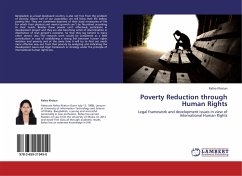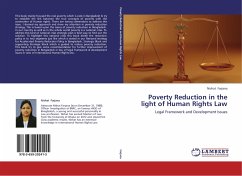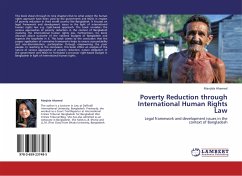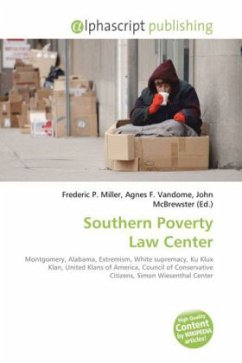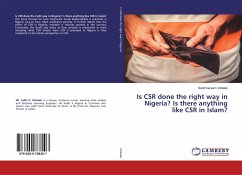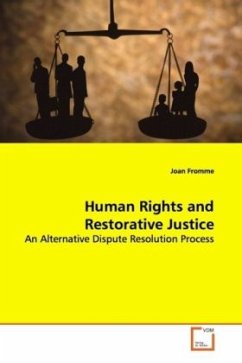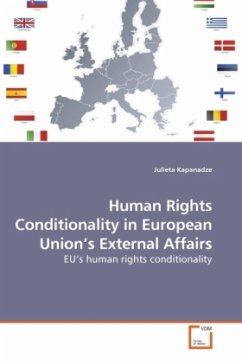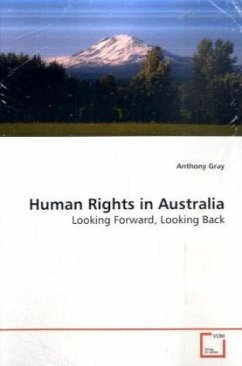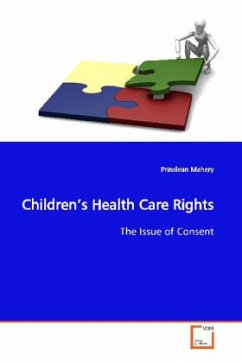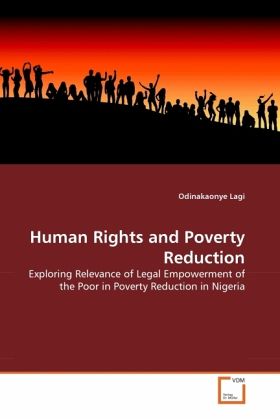
Human Rights and Poverty Reduction
Exploring Relevance of Legal Empowerment of the Poor in Poverty Reduction in Nigeria
Versandkostenfrei!
Versandfertig in 6-10 Tagen
32,99 €
inkl. MwSt.

PAYBACK Punkte
16 °P sammeln!
In recent years human rights and poverty reduction have been in the forefront of international discussions and development strategies. The Millennium Development Goals (MDGs) aim to eradicate poverty in developing countries/world by 2015. However, how far have recent approaches worked and what crucial elements have been neglected? This book draws attention to the crucial element of legal empowerment and how relevant it should be for all poverty reduction strategies. It looks at poverty from human rights perspective and brings to the fore the innovative approach that legal empowerment of the po...
In recent years human rights and poverty reduction have been in the forefront of international discussions and development strategies. The Millennium Development Goals (MDGs) aim to eradicate poverty in developing countries/world by 2015. However, how far have recent approaches worked and what crucial elements have been neglected? This book draws attention to the crucial element of legal empowerment and how relevant it should be for all poverty reduction strategies. It looks at poverty from human rights perspective and brings to the fore the innovative approach that legal empowerment of the poor arms communities and individuals with the necessary power needed to challenge oppressive patterns of legal, social, political and economic organization which cause and perpetuate poverty. This book provides deep insight for legal scholars, economists, those working in development circles and on poverty issues around the world. It focuses on Nigeria a developing country in Africa faced with challenging complexities of bad governance, corruption, lack of infrastructure, geographical challenges, obsolete laws, oppressive social and political organization and 70% population living in poverty.



